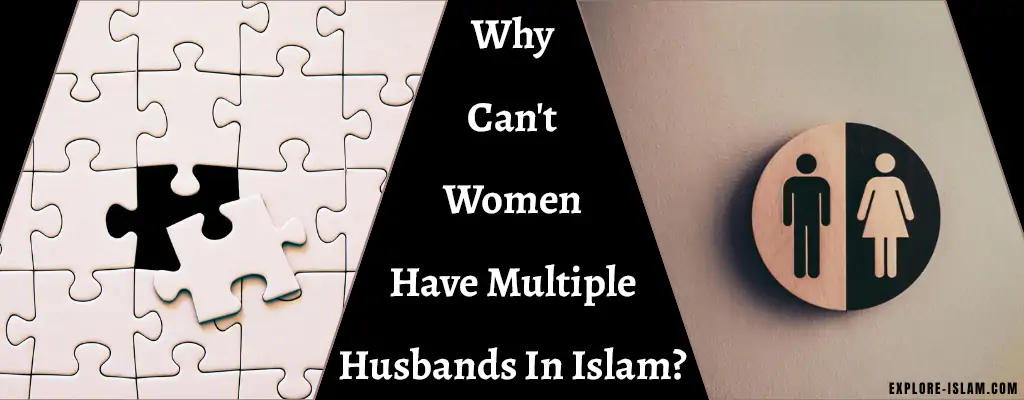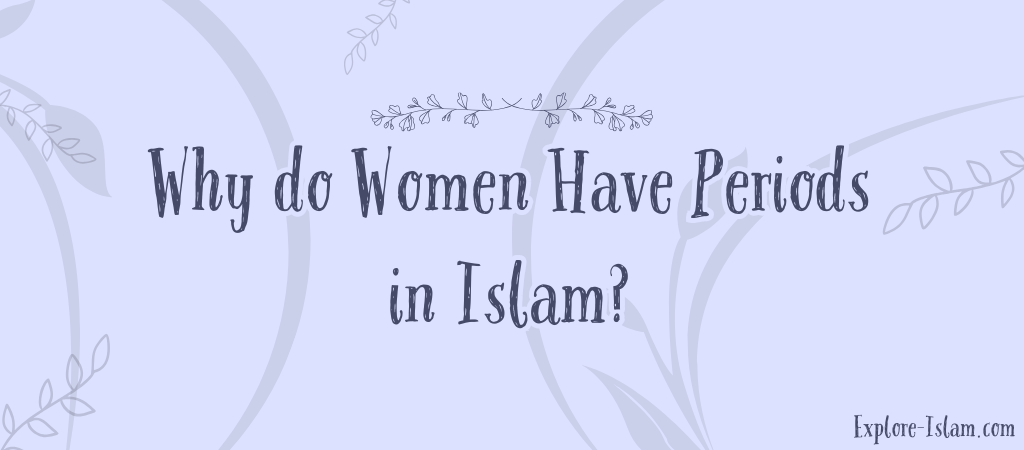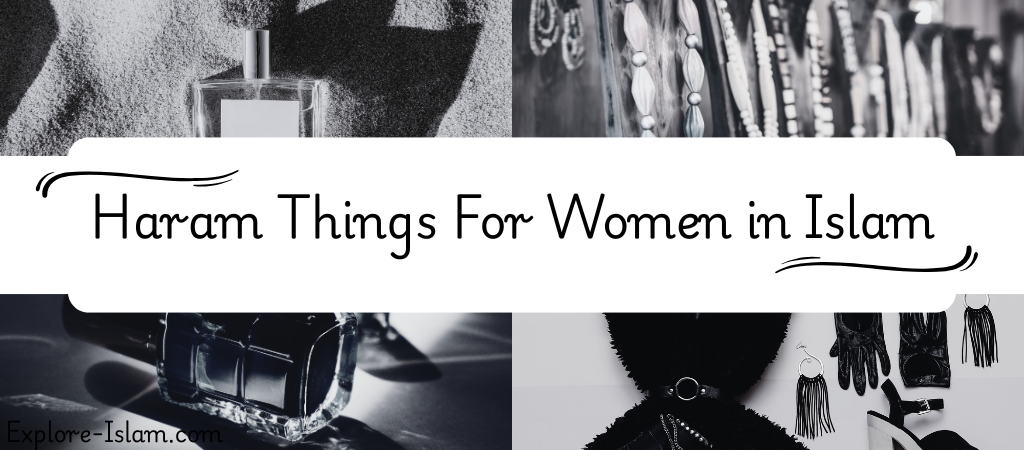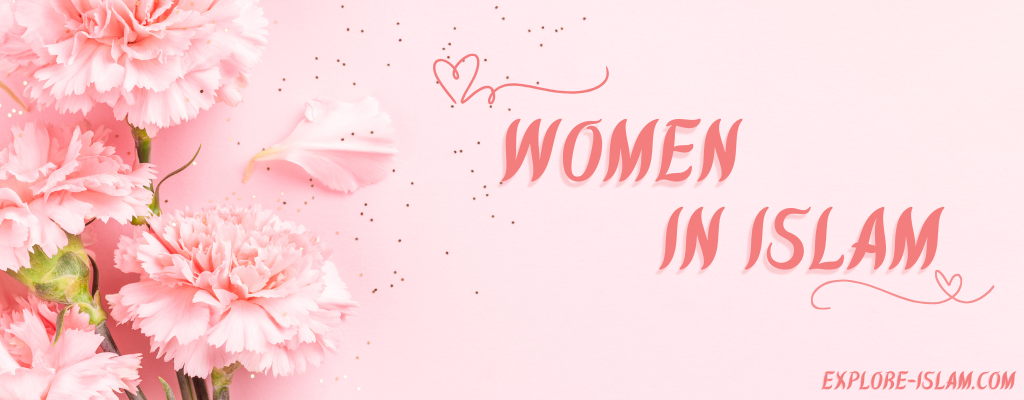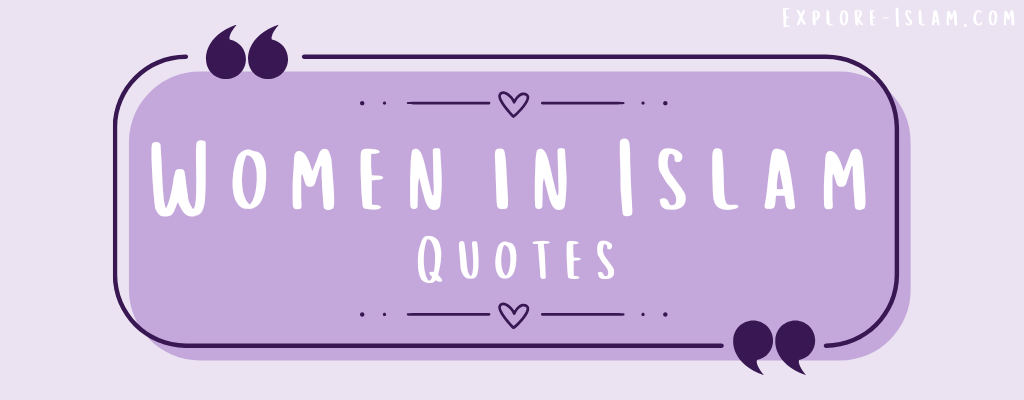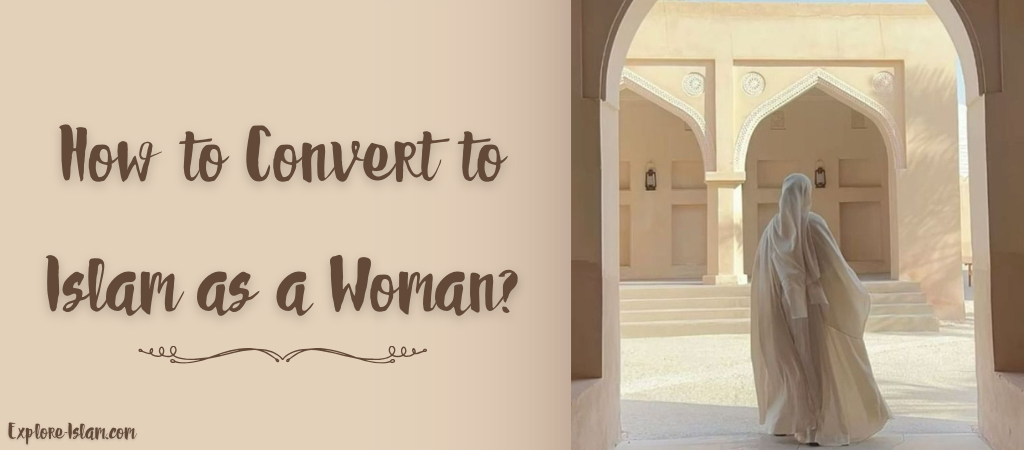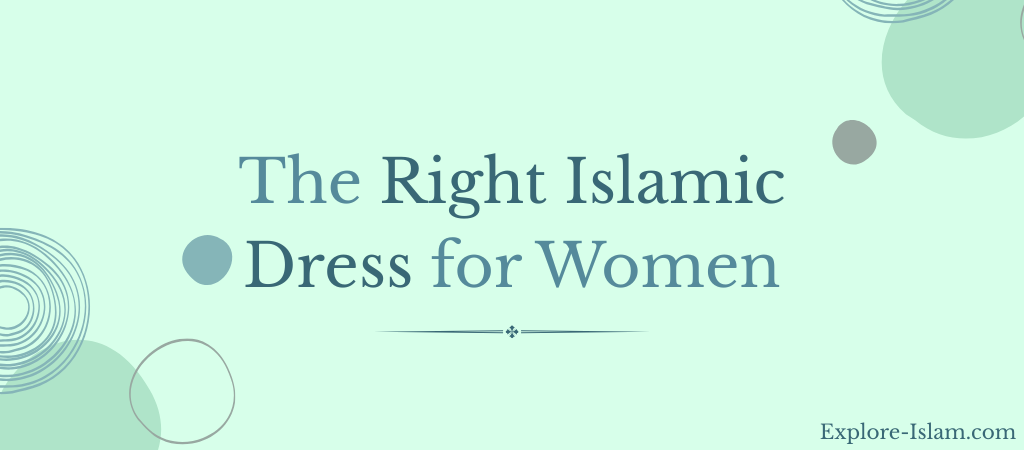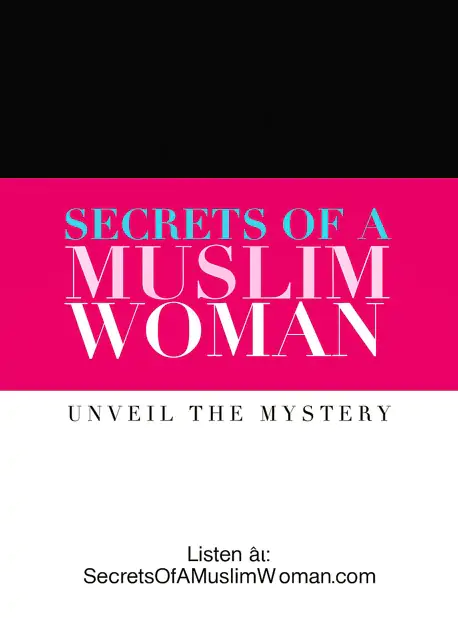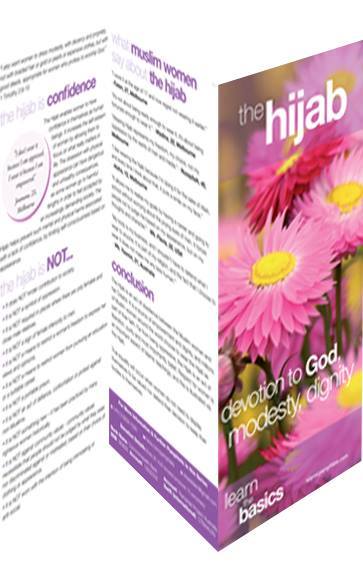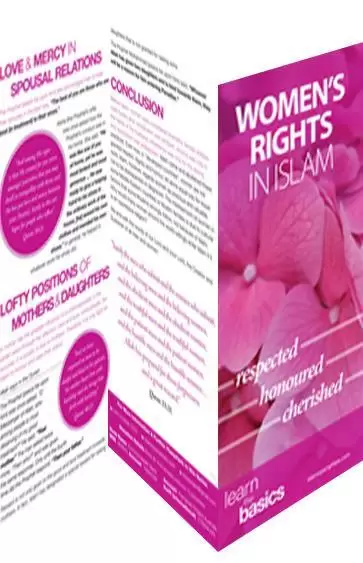Are you curious about why women cannot have multiple husbands in Islam? Before answering the question: Do you now that the majority of US converts to Islam are women?!
This article answers the question of the reason behind forbidding multiple men marrying a one woman at the same time. Also, the article delves into key aspects of Islamic principles, highlighting how Islam honors women and upholds a family system that stands as the most robust and enduring social structure, thriving even in modern times.
Can Women Have Multiple Husbands In Islam?
No, women in Islam are honored by having one husband at a time, who is responsible for their well-being and the upbringing of their known children. This ruling aligns with their nature and role as outlined by the All-Knowing Creator. However, if a woman is separated from her husband due to divorce or death, she is permitted to remarry after completing her waiting period, which is approximately three months.
Why Can’t Women Have Multiple Husbands In Islam?
The primary answer to why women are restricted to one husband in Islam—or to any legislative ruling—is submission to Almighty God, the Creator of men and women, who knows what is best suited for each. Almighty God directs men in the Quran saying (translation of meaning): “Prohibited to you [for marriage] are your mothers, your daughters, your sisters…
And [also prohibited to you are] married women”
However, the following reasons, based on Islamic principles, can be traced:
1. Multiple Husbands Are Incompatible with Women’s Nature
A woman’s nature is better suited to a monogamous relationship, as it is more pleasing and satisfying for her body and emotional needs:
- Security and Commitment: Women value long-term relationships that provide security and stability.
- Sexual Needs: Women generally have a lower physiological need for sex compared to men, and their sexual desires are more connected to emotional states rather than physical ones.
- Menstruation Period: Hormonal changes during menstruation affect women’s emotional state, decision-making, and availability for intimacy, which makes managing multiple husbands more complex.
2. Multiple Husbands Bring Unbearable Responsibilities
Each husband would expect full rights in terms of attention, service, childbirth, and intimacy. It would be practically impossible for a woman to meet these needs for multiple husbands simultaneously.
Read more:
- Beautiful Quran Verses About Love And Marriage
- Are Muslims Allowed To Date? – Dating In Islam
- Marriage in Islam
3. Family Roles Differ in Islam
Islam establishes a clear family system with distinct yet complementary roles for husbands and wives to foster a healthy family bond:
- Role of the Husband: Men are responsible for providing security, housing, and necessities for their wives and children based on their capabilities.
- Role of the Wife: Women are expected to obey their husbands and safeguard their honor and wealth.
Allah defines these roles in the following Quranic verse:
“Men are the caretakers of women, as men have been provisioned by Allah over women and tasked with supporting them financially. And righteous women are devoutly obedient and, when alone, protective of what Allah has entrusted them with.”
Both spouses share the mutual role of raising their children. However, these roles cannot be fulfilled in a polygamous situation involving multiple husbands.
Read more: The Story of Umm Salama with Prophet Muhammad
4. Islam Prioritizes Family Lineage Preservation
Preserving family lineage is a key Islamic objective, ensuring that every person knows their parents and familial connections, which come with mutual rights and responsibilities. Islam also prohibits marriage between close relatives, such as siblings, nieces, and aunts. The chaos of mixed lineage caused by multiple husbands would undermine these principles.
Read:
5. No Divine Revelation Permits Multiple Husbands
All divine scriptures prohibit women from having multiple husbands simultaneously, as it contradicts common sense and the higher objectives of life. Islam as the final divine revelation to humanity set the same rules in this area.
Read also: Is Islam The Message of All Prophets?
6. Multiple Husbands Increase the Risk of Diseases
The spread of diseases like AIDS in societies with promiscuous relationships underscores the need for women to have one husband. Islam further ensures a waiting period for women before marrying again, safeguarding public health and social stability.
Read more: Polygamy in Islam
7. Loss of Future Generations
The disruption of family roles caused by multiple husbands leads to confusion, with children unable to identify their lineage or familial responsibilities. This creates societal chaos, leaving women, children, and communities as the ultimate victims.
Islam addresses these challenges by regulating sexual relationships within the family system, thereby protecting the well-being of individuals and society as a whole.
Read:
- Is There A Reward For Muslim Fathers For Raising Daughters?
- Love In Islam! – Benefits of Love And Marriage In Islam
Conclusion
In conclusion, Islam honors women by entrusting men with the responsibility of caring for them and providing for their needs. Women in Islam live under a solid family system, where they know their committed, singular husbands and nurture their known children with love and care. Islam, revealed by the All-Knowing, One True God, acknowledges the unique nature of women and prescribes what ensures their satisfaction and happiness. Striving for equality in roles between men and women often leads to injustice, as their physical, emotional, and intellectual differences necessitate complementary responsibilities.
Curious to learn more about women in Islam? Read these articles and share your thoughts!

